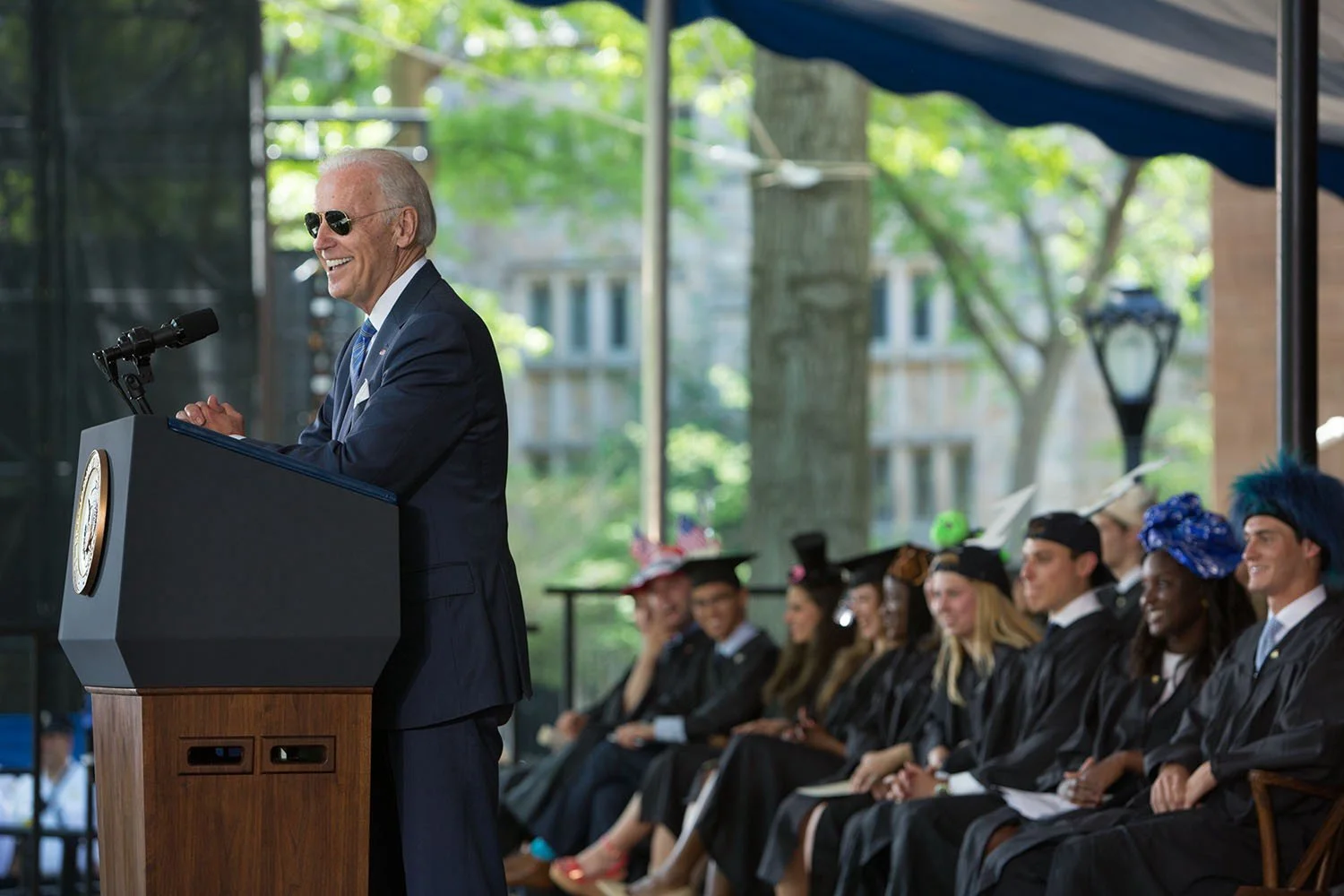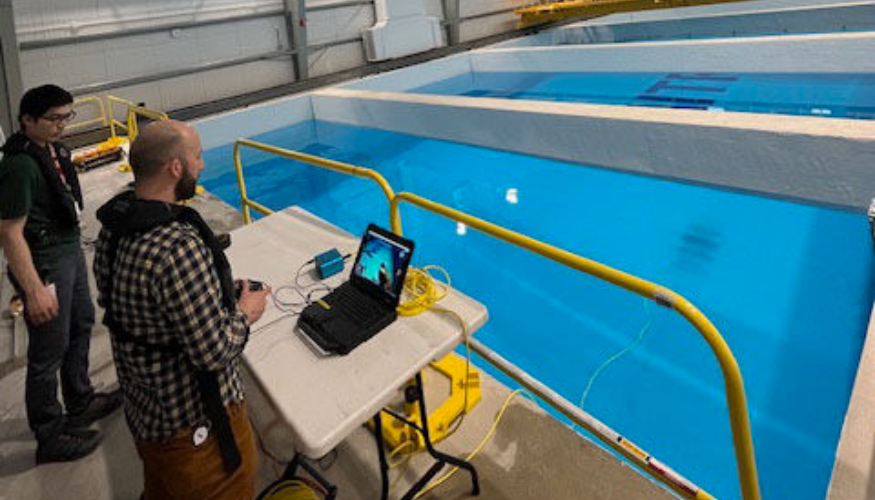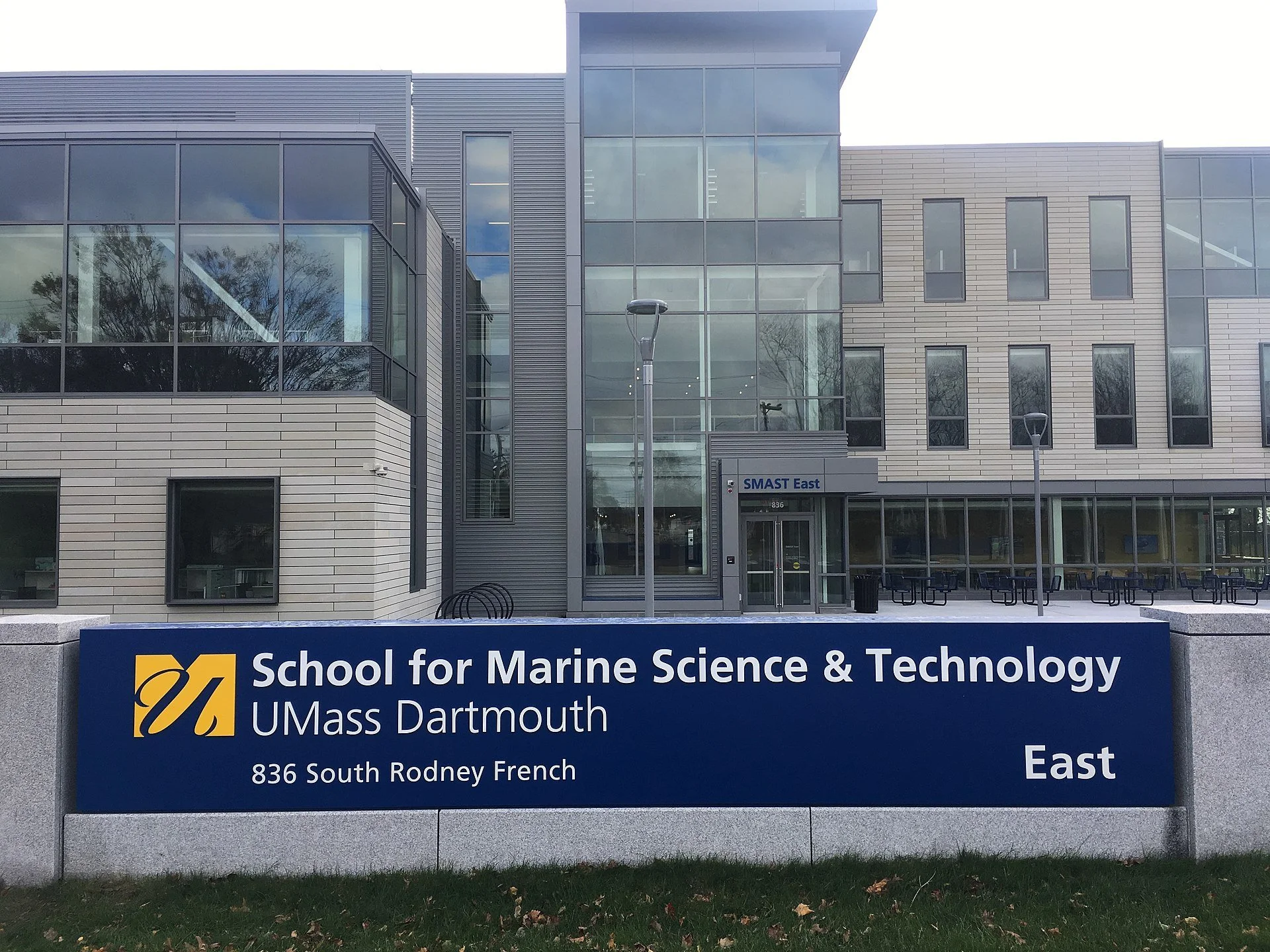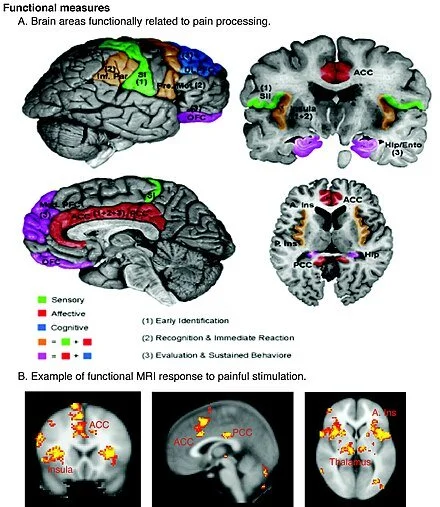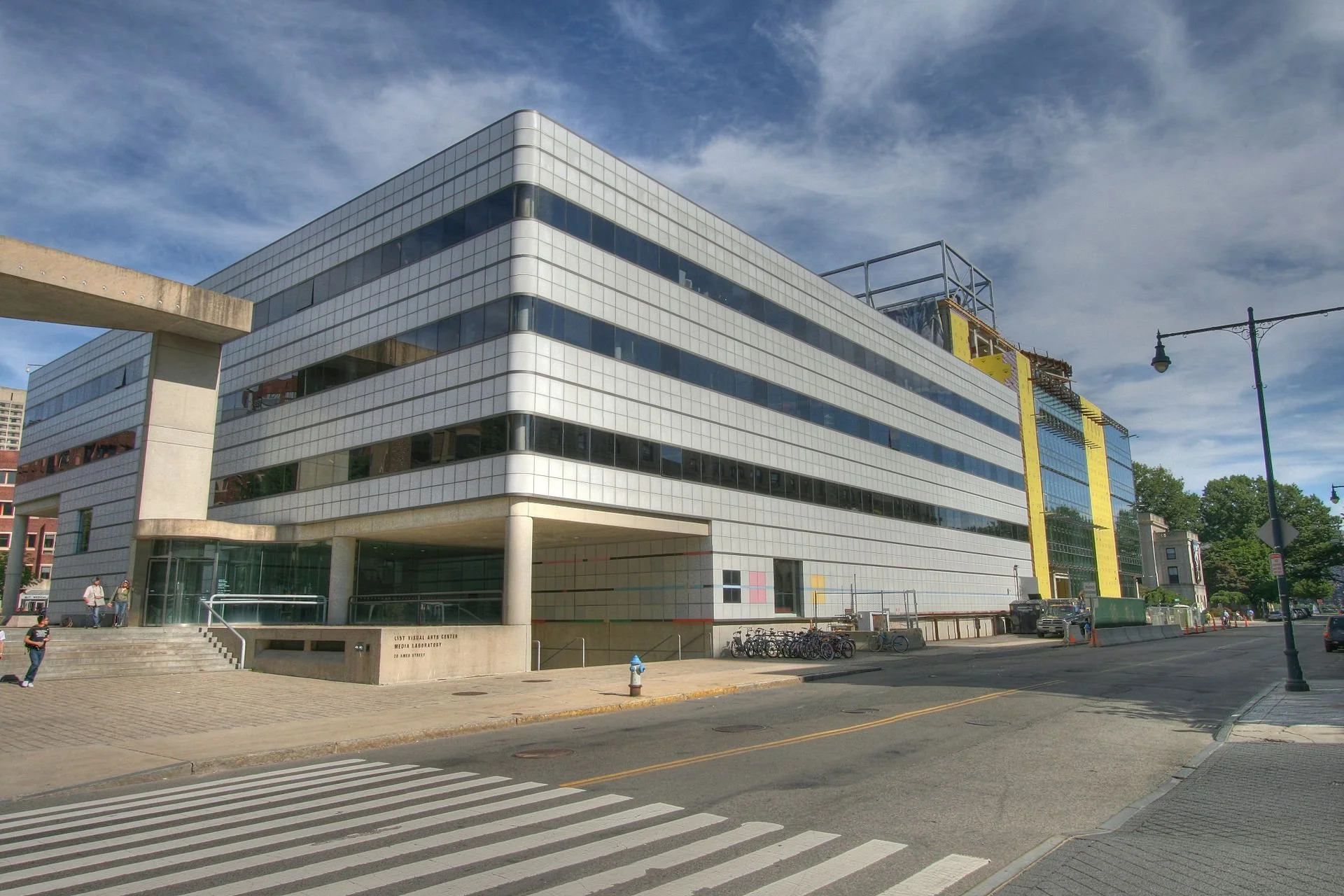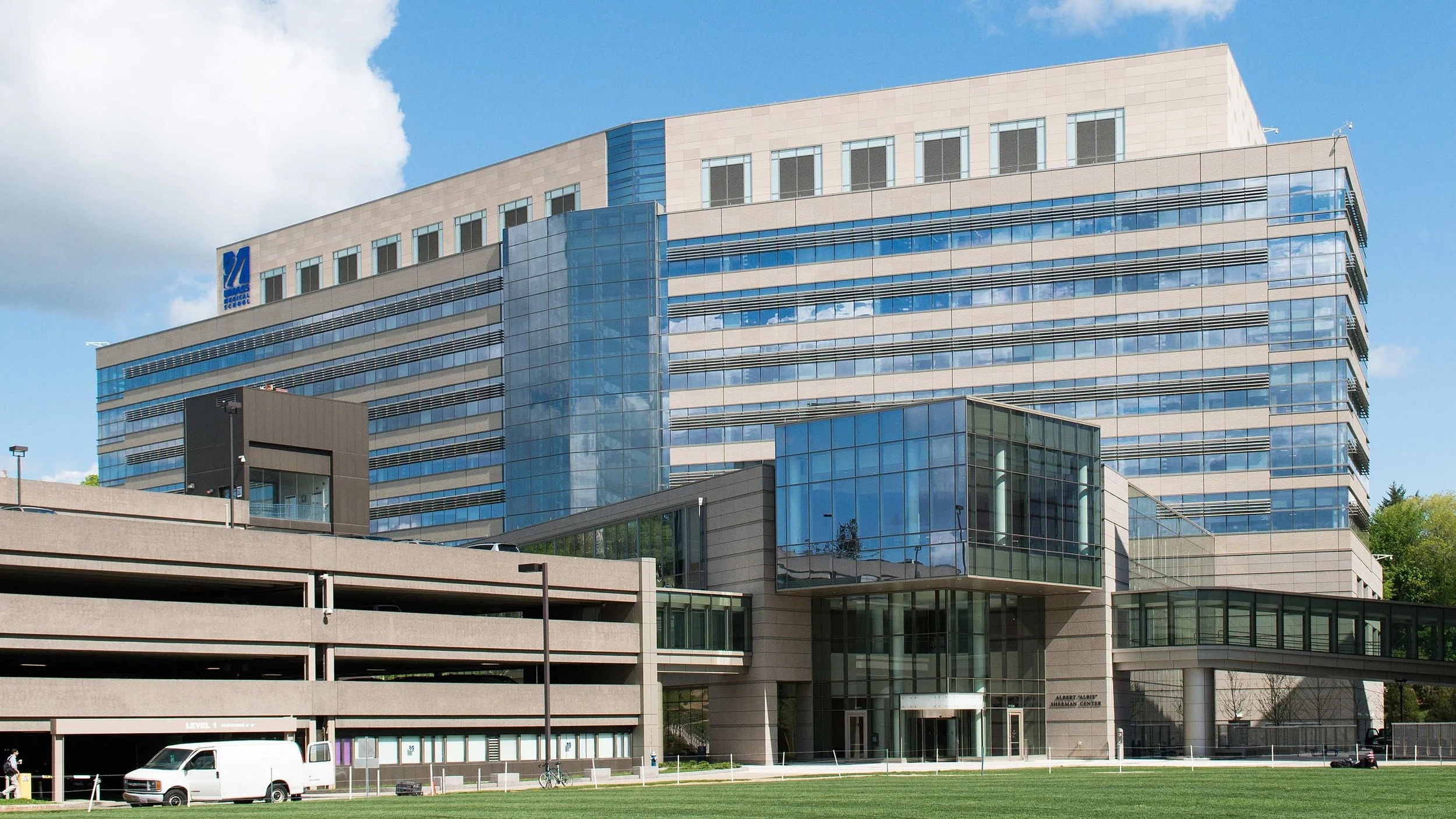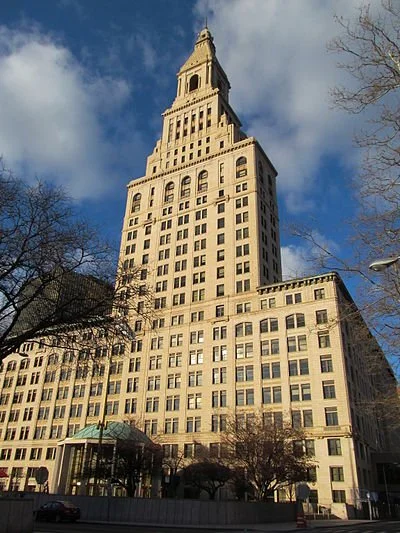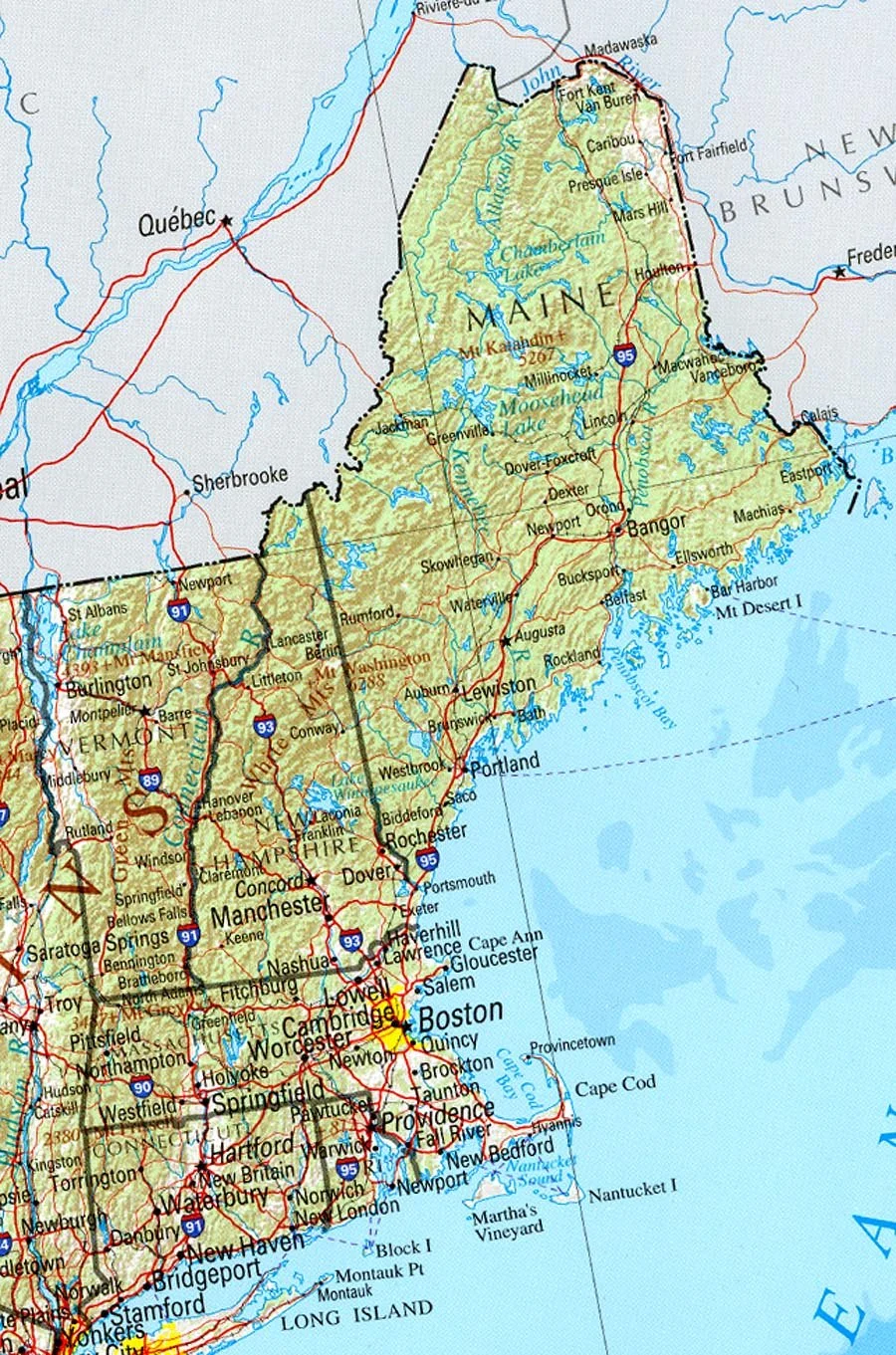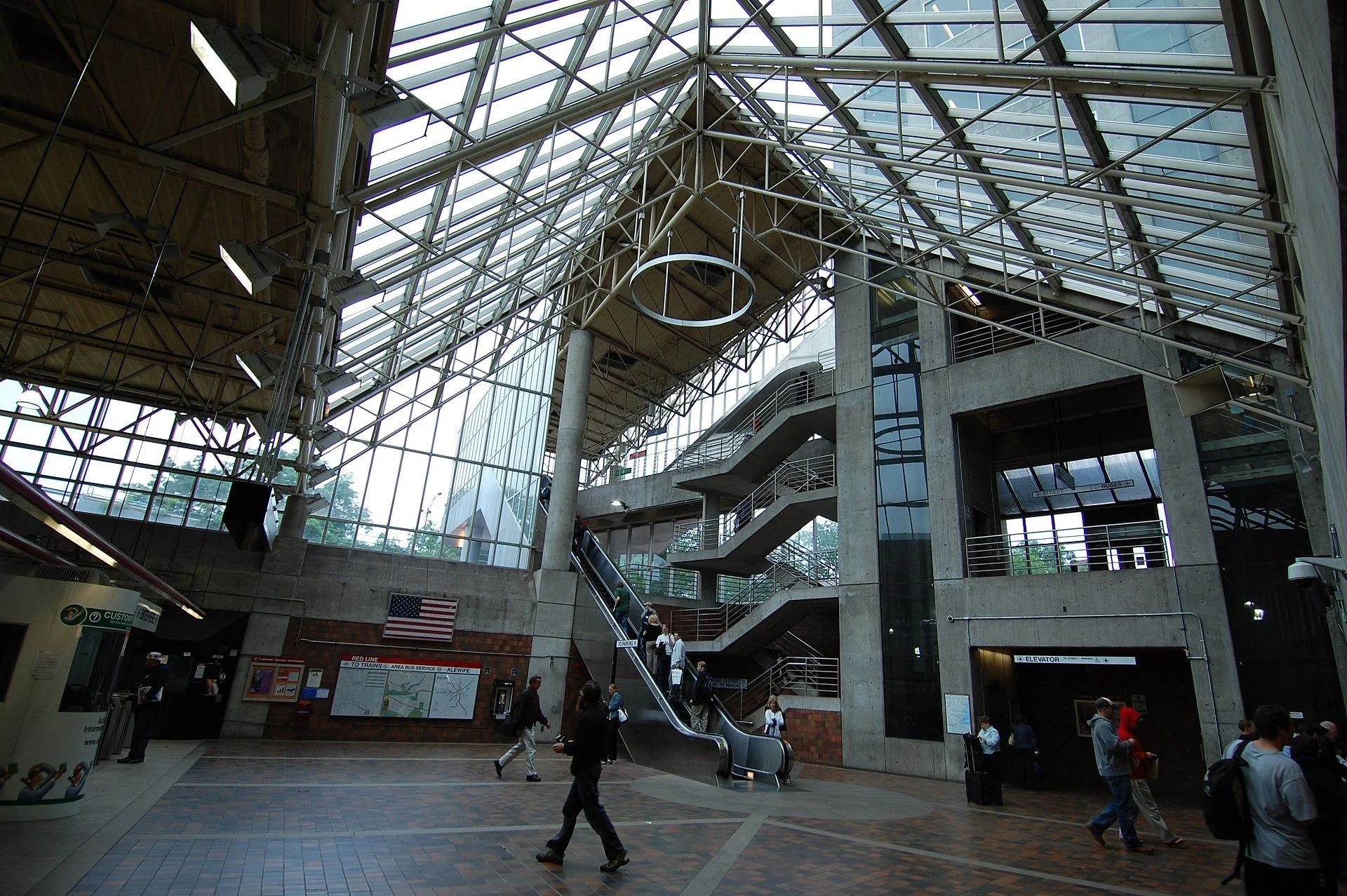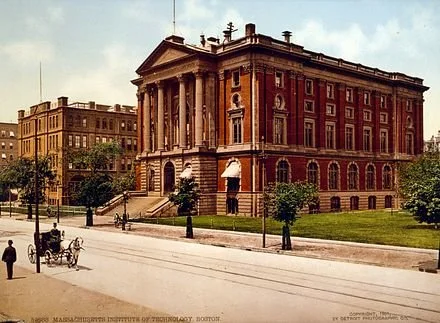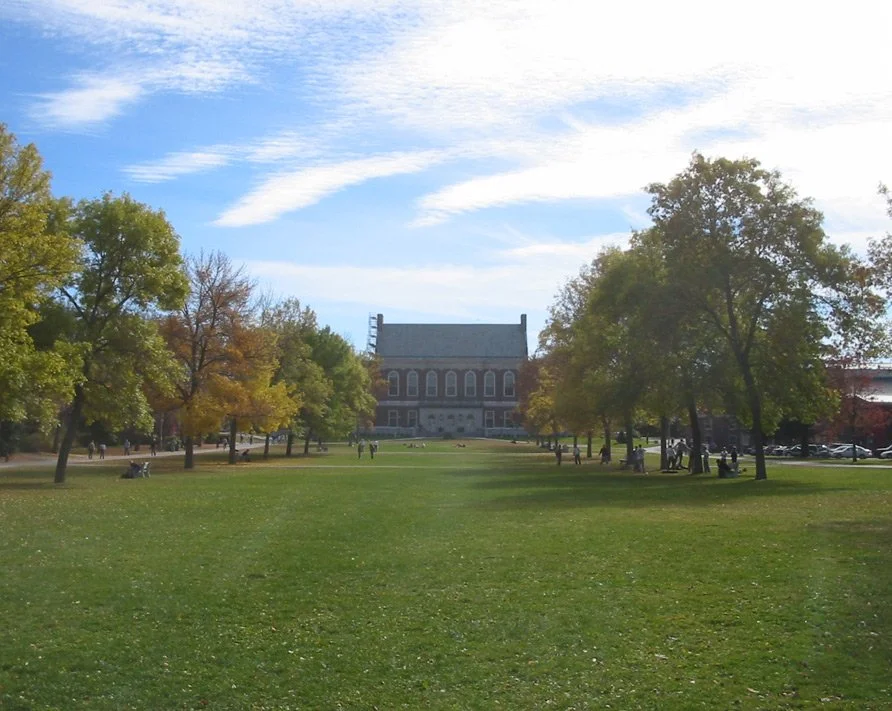BOSTON
Here in New England, we are proud of our region’s reputation as a global innovation hub. Our region hosts some of the world’s most innovative companies, in industries ranging from defense to life sciences to clean energy to technology. Each day, these businesses are making investments in ground-breaking research and development aimed at saving lives, combating climate change, safeguarding our national security and more.
For many years, the U.S. tax code has encouraged such investments by allowing businesses to fully deduct qualified research and development (R&D) expenses each year. However, under a provision of the Tax Cuts and Jobs Act of 2017, which was signed into law by then-President Trump, businesses must amortize or deduct these expenses over a period of five years. This provision went into effect for the 2022 tax year.
This will ultimately make R&D more costly to conduct in New England and across the U.S. The New England Council believes firmly that the new R&D amortization requirement will halt and harm our region’s continued growth and leadership on the global stage.
As a result of this change, the U.S. is now only one of two developed countries requiring the amortization of R&D expenses. Comparatively, our nation’s competitors, such as China, currently provide a “super deduction” for R&D expenses that drastically increases the allowed amount deducted for companies that previously did not qualify.
This change could result in companies relocating R&D facilities and funding out of the country, because it will be more costly to do research in the U.S. This will not only damage our competitiveness, but it could also have significant national security ramifications, as well as job losses.
In fact, a recent study conducted by EY for the R&D Coalition found: “Failing to reverse this change will cost well-paying jobs and reduce future innovation-directed R&D. Requiring the amortization of research expenses will reduce R&D spending and lead to a loss of more than 20,000 R&D jobs in the first five years with the number of lost jobs rising to nearly 60,000 over the following five years. Moreover, when accounting for the spillover effect from R&D spending, nearly three times as many jobs will be affected. This same study also found that for every $1 billion in R&D spending, 17,000 jobs are supported in the U.S.”
Fortunately, two members of Congress from New England are among those leading the bipartisan charge to reverse this harmful change in the tax code.
In the U.S. Senate, Sen. Maggie Hassan ( D.-N.H.) has partnered with Sen. Todd Young (R.-Ind.) to introduce the American Innovation and Jobs Act. In addition to allowing companies to fully deduct R&D expenses each year, Senator Hassan’s bill would also raise the cap over time for the refundable R&D tax credit for small businesses and startups, and expand eligibility for the refundable R&D tax credit so that more startups and new businesses can use it.
In the U.S. House, Congressman John Larson (D.-Conn.) has teamed up with Rep. Ron Estes (R.-Kan.) to introduce similar legislation, known as the American Innovation and R&D Competitiveness Act. Similar to the Senate bill, Representative Larson’s proposal would allow companies to continue to fully deduct R&D expenses each year.
The New England Council is proud to support both of these bills, and we urge others in the business community to also encourage Congress to pass this legislation. We have written to members of the New England congressional delegation, calling on them to support these bills, and are hopeful that Congress will take action to pass them in the near future.
Doing so will help ensure that the U.S. remains globally competitive, and it will drive continued innovation and job creation right here in New England, ensuring that the region remains a global innovation hub.
James T. Brett is president and CEO of The New England Council (newenglandcouncil.com)



